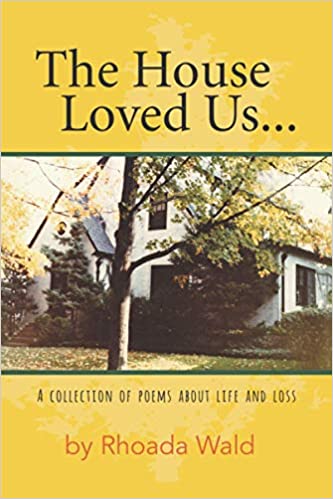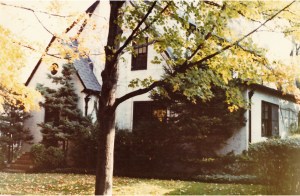Some time not so long ago, I was asked to give a speech about my perspective on life given all that I’ve lived through. It’s not the sort of thing that’s easy to summarize. It involves a lot of questions. I am sharing some excerpts for others who might be asking those same questions.
For me, the study of aging is an evolving process adding new ideas and perspectives over time. Probably I have more questions than answers. My basic question is what is the meaning and purpose of this stage of life.
But first some background.
I was a faculty member at Empire State College, a branch of the State University of New York, and worked primarily with adult students. Many of them were dealing with questions about aging, aging related to their parents or themselves. No one on the faculty had experience in this area. I decided to apply for a sabbatical to research and study aging. I was interested in the topic both for myself and the people I was teaching. I researched many questions about aging and participated in a week-long workshop with Elizabeth Kubler Ross on Death and dying.
When I moved to Boston, I became involved with the program at Harvard, the Harvard Institute for Learning in Retirement. Aging was a forbidden word even though everyone was retired and could be considered the older generation. I, with others, initiated a discussion program called Conversations on Aging and led several workshops on different aspects of the concept. I also taught several courses on aging at HILR and Brandeis. With others, we produced a book, New Pathways for Aging, and changed way aging is discussed. For this book twenty-seven people wrote essays on some aspect of their lives. At least for a time, we changed the way aging is viewed at one institution.
The New Age of Aging
We are living now in a generation that I call the new age of aging. It is new because we are living longer than any previous generation and can live for 20 or 30 years after retirement. Not only are we living longer, we are also physically and mentally vigorous. What are the possibilities for these long years of retirement?
Theorists and researchers who focused on life stages were prominent in the 60s and 70s. They perceived each stage of life with a focus, a role, a time to go to school, a time to build a career, to marry, and have children. Life after 65 was almost an impossible dream. For example, Freud framed the meaning of life as work and love. For a long time, I thought that was brilliant but what happens in this framework for people no longer working.
How the Roles Change
For our generation, a generation living longer, are there roles we should be fulling. What fits our lives now? What are our tasks during this stage of life? The American dream, retire at 65, play tennis and golf works for some people. But it is a long time to play golf, if you live to 80 or 90. Now even 100 does not seem unlikely.
Who are we as individuals, as parents, as grandparents, as citizens, as members of Temple Israel? How did I change after retirement?
We are living healthier lives, healthier than any previous generation and maintain an intellectual vigor that is actualized in such programs as HILR, the Harvard program and TILLI. There are also programs for retired people at Brandeis, MIT and Regis in the Boston community.
Archibald MacLeish, the poet, asked a question during an interview with Benjamin DeMott in 1979,
“Now if you realize this—what the purpose of your art is—you come to see that you are laboring at your art not only to make works of art but to make sense of your life–those dark and bewildering moments of experience. Of course, you want to be admired—to be a great poet. But who is a great poet? Maybe a handful in the world’s history. So that’s irrelevant. What’s really going to come out of your work is something else. If you have succeeded at all, you have become—however small a part—of the consciousness of your time. Which is enough. No? The question at the center, the poet’s question remains the same: who am I?”
What a great question.
Who am I? Who are we?
What is my identity now that I am no longer raising a family or nurturing a career?
What are my choices? What are our choices?
What are the challenges? What are the opportunities?
How did you define yourself before retirement? How do you define yourself now?
Stan Davis, now deceased, wrote thirteen books, taught at the Harvard School of Business, was an international consultant, and was one of the authors of New Pathways. He wrote:
“The time since retiring has been a slow process, letting go of a self-image that had evolved and developed over four decades and finding a new one.” Because older adults face a roleless role they often have a diminished sense of identity and personal worth.
Letting go of a self-image framed by work is a difficult transition. These extra years that we have do not automatically mean happiness and a great life. We have to take an active role in thinking about how we want to manage these extra years of good fortune.












